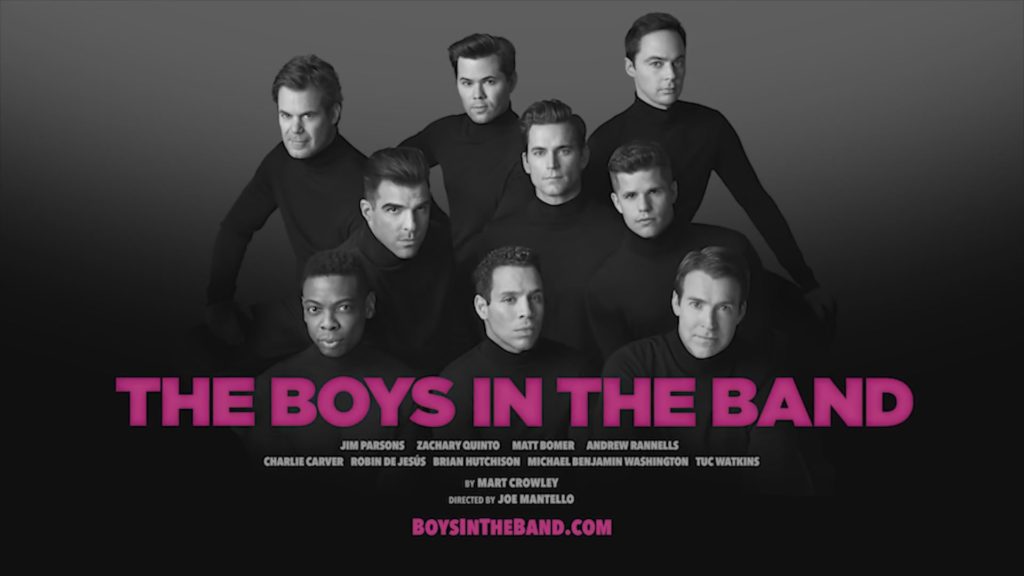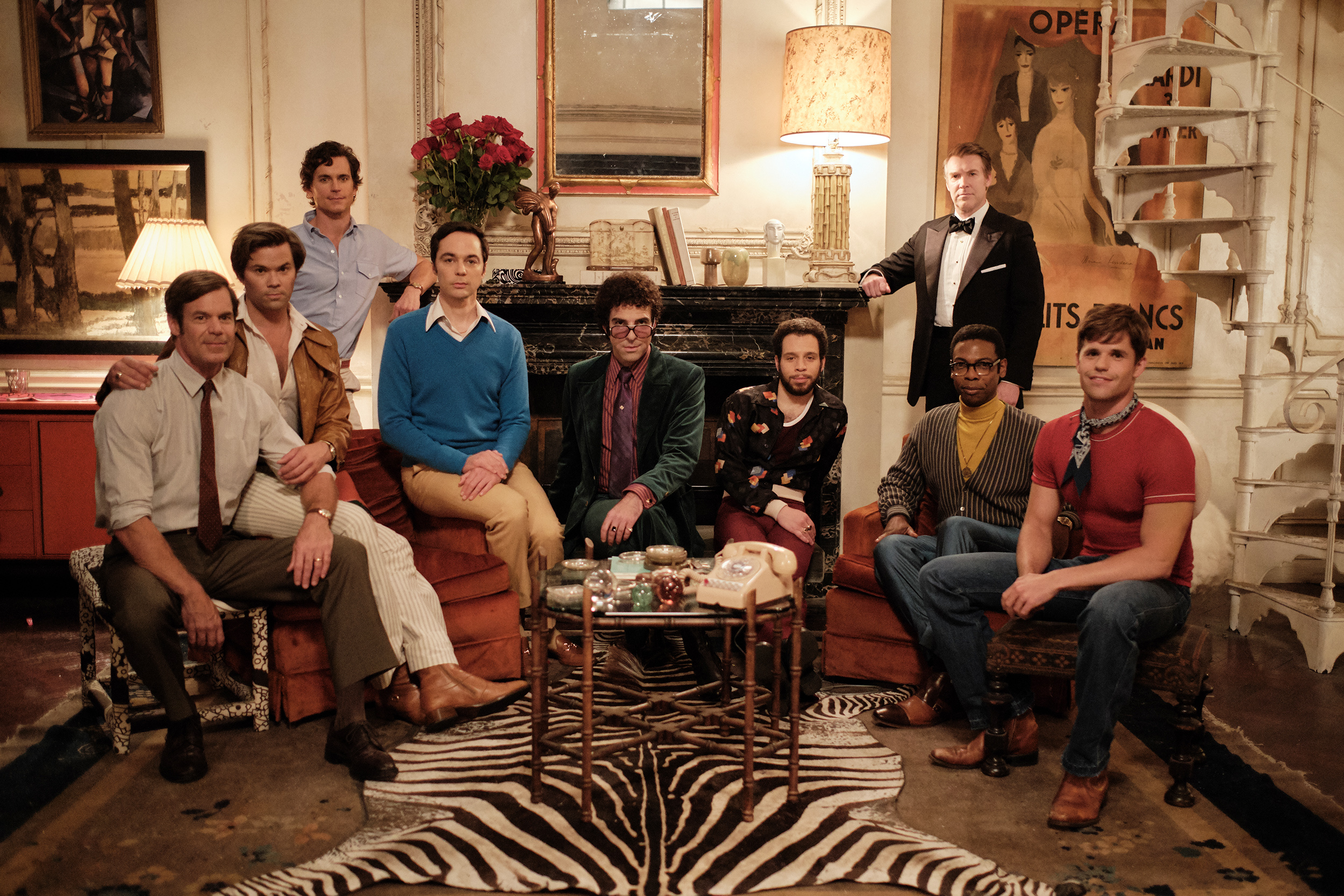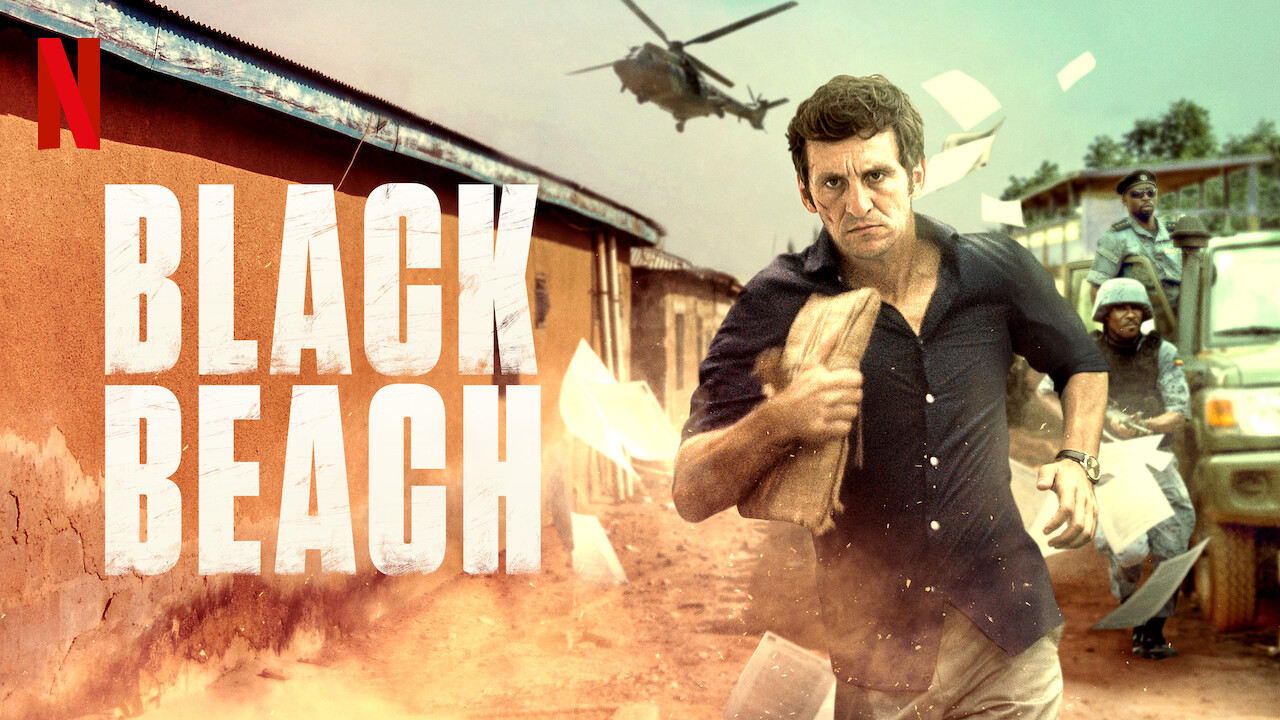Emiliano Contorti dubs Jim Parsons, one of the lead characters of The Boys in the Band, Netflix’s new film, produced by Ryan Murphy. We asked him to tell us more about the film (directed by Joe Mantello), starting from the aspect that stands out straight away: since the film is about gay stories, the actors are all gay too. A sort of move against cultural appropriation, as if it were a quota-related matter.

«As an actor, as a child-adult who spends his life playing and uses his fantasy, hence uses something that – by definition – is limitless, I believe it makes little sense to say “the character is gay, therefore I need a gay actor; or, I need a real womaniser to play the part of a ladies’ man”. I don’t think that’s generally the case with acting. Therefore, I instinctively do not consider it a necessary choice. Then again, I must confess that the stance mentioned by some of my gay colleagues and actors, makes sense. They say: “there are some very famous actors – the superstars in Hollywood – that get their hands on all sorts of roles. If the star is a woman but the film’s lead character is a man, they’ll transform that man into a woman just to give the main part to the star of the moment. This deprives many actors of the sheer possibility of being short listed for the part. So, if there is a specific, peculiar aspect to be recounted – such as homosexuality in The Boys in the Band – then perhaps such an approach does make sense”. I really don’t know who to side with,
I think we should maintain the world of actors as heterogeneous as possible, but quotas – whether they are intended for women or for gay people – cannot end up discriminating and affecting how an actor is selected. I think that would mark the end of this type of job. If you need to portray a rich man, you need a rich actor… it’s just not feasible, in my opinion.
Regarding the film, The Boys in the Band is a fast-paced comedy with cutting remarks, but underlying everything are bitterness and pain, which sometimes surface and burst. The film is very well done, they managed to create two parallel paths that intersect and move forward. One is more trivial and superficial, one is hidden. They are antithetical, and the same happens in life: you’re all hyped up, you’re happy, you go out, you party, but perhaps you coexist with your inner pain, a possible trauma, a reality that exists but isn’t always immediately clear from the outside.

The film is based on a theatrical show, set in 1968, when society still hadn’t opened up to gay people, who had a much tougher time. Hence, the backdrop is the burden these different characters bear: they feel pain for not being accepted, they are angry because they have to defend themselves, they are afraid of coming out, they are ghettoised. But it all remains hidden behind the lines, remarks, shrewdness and piercing voices, which actually give depth to the story and make it real. That’s something I definitely appreciated. There is a theatrical aspect to be seen in the acting, editing and shooting too, while it is clearly all viewed from a cinematographic standpoint.
There is a lot of conversation, and this will surely mean that its dubbing will be criticised. But we should always bear in mind that dubbing is a compromise, just like translated books are. And there is absolutely nothing wrong with it, because it’s a cultural process. Obviously, the final product can never be exactly the same as the original version, but if the dubbing is well done – and that should be the focal point of the stupid debate on whether films should be dubbed or not – it simply gives the viewer an extra option.
We did a great job with The Boys in the Band, even thanks to our dubbing director, Lorena Bertini. I have seen the film as a viewer and I think it works pretty well. The voices are all very different, but they never seem fake or make the character a caricature. You can sense the truth behind the acting. And, since I’ve been doing this job for 25 years, I think I have a say in the matter!»







